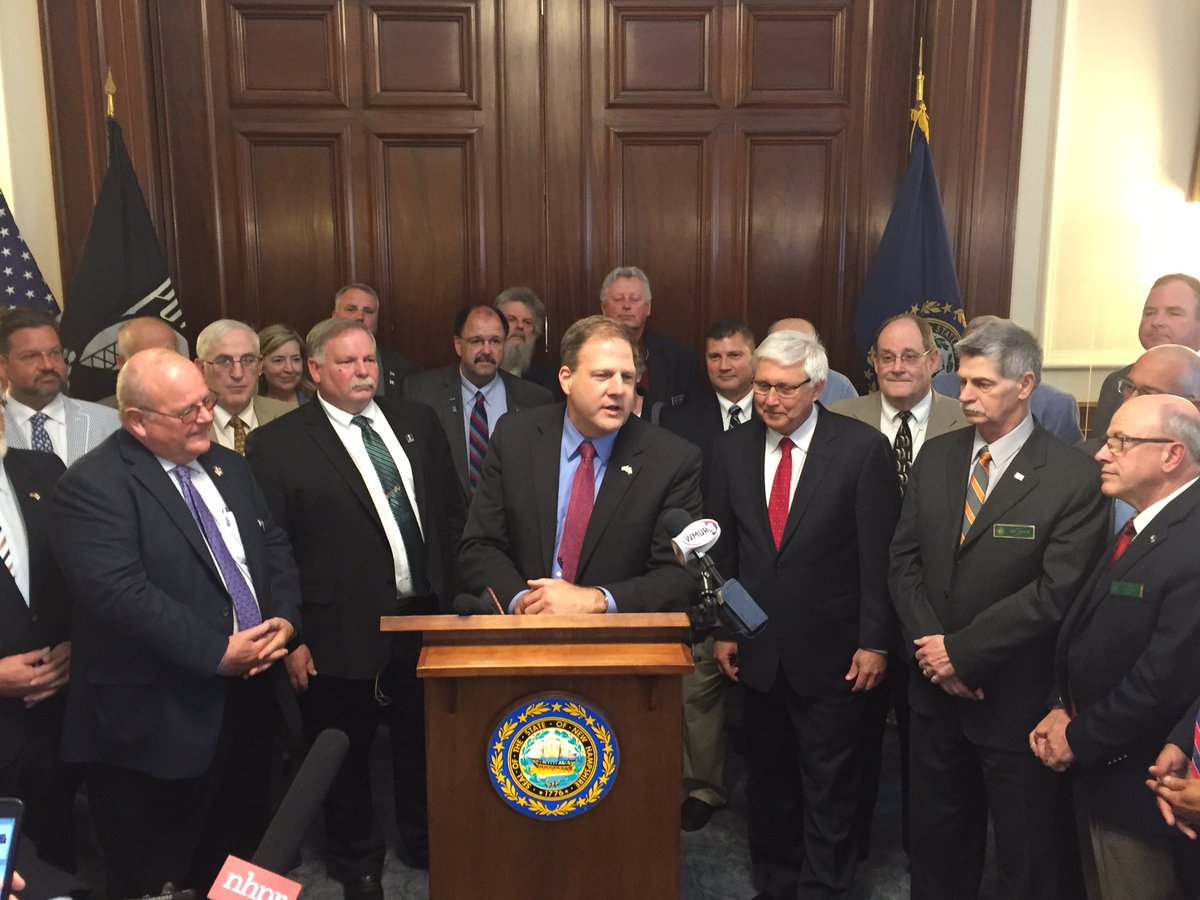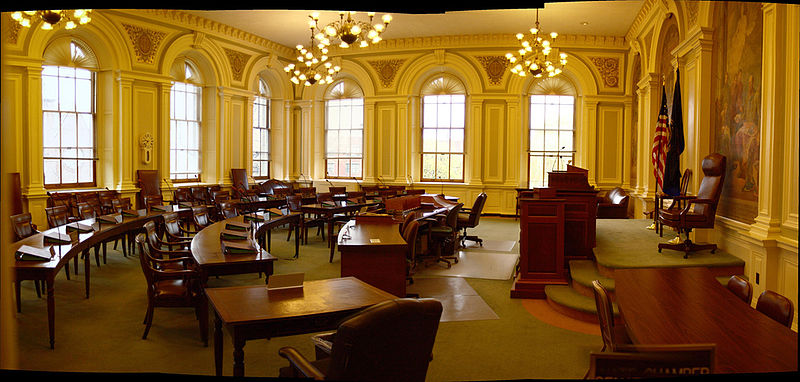Fox, Meet Hen House? Casino Owner Tapped to Chair Charitable Gaming Commission

Is the state’s new commission studying the charitable gaming industry dealing from the bottom of the deck?
The new state budget that took effect in July created the Commission To Study The Effect Of Recent Changes Made To Charitable Gaming Laws, which held its first meeting Monday morning. Eyebrows were raised when the commission picked Rep. Laurie Sanborn (R-Bedford) as its chair, despite her and her husband operating the Concord Casino since 2018.
“I think Laurie’s a lovely person, but I don’t think she’s the right person to lead this commission,” commission member Sen. Lou D’Allesandro (D-Manchester) told NHJournal. Though he could not attend its first meeting, he said he urged other members to take actions that would be viewed as fair and transparent to the public.
“It should not be chaired by a player in the gaming industry,” D’Allesandro said.
Unlike nearly every New Hampshire state government public hearing, the commission’s meeting was not broadcast on streaming video.
Sanborn did not respond to a request for comment.
Commission member Rep. Fred Doucette (R-Salem) nominated Sanborn for the chair. She sees no problem overseeing a commission that is expected to propose changes to the gambling industry, even with her stake in the casino.
“Anything can seem like a conflict of interest depending on how you look at it,” Doucette said.
He said Sanborn brings an insider’s perspective about the casino business to her role, which will be an asset to the commission. Other legislative committees and commissions include members and chairs involved in the industries they oversee, he said.
“We’re a volunteer legislature, and we have to draw from the knowledge and expertise we have at hand,” Doucette said.
Sen. Tim Lang (R-Sanborton), another commission member, told NHJournal that Sanborn declared her conflict before being nominated, as House rules require. Lang said Sanborn got on the commission in the first place because House Speaker Sherman Packard (R-Londonderry) appointed her.
“The speaker knew Laurie’s background and chose to appoint her to the commission,” Lang said.
Packard did not respond to a request for comment.
Other members of the commission:
- Attorney General John Formella
- Rep. John Janigian (R-Salem)
- Rep. Benjamin Baroody (D-Manchester)
- Rep. Richard Ames (D-Jaffrey)
- NH Lottery Director Charles McIntyre
- Aaron Gomes, COO Peninsula Pacific Entertainment
- Norman Roberge, treasurer of the Concord Lions Club
- Giovanna Bonilla, director of events and partnerships with the Boston Billiards Club and Casino
New Hampshire allows casinos under its charitable gaming rules which limits how much players can bet and requires casinos to donate 35 percent of the house take to New Hampshire charities. The state keeps 10 percent of the revenue.
The state raised the limit on maximum single-play bets from $10 to $50 in this year’s budget as part of legislation that created the study commission. The commission will look at issues that could impact casino operations and how much charitable groups can expect in donations.
And because state revenues are at stake, some people who attended Monday’s meeting raised questions about who, if anyone, would be advocating on behalf of the taxpayers.
“I saw the casinos and I saw the charities, this is their commission. But where were the taxpayers? ” one person in attendance who asked to speak on background told NHJournal.
The commission is also expected to review the rent charities pay to the operators’ establishments that house them. This rent payment can lower the charity’s take, reducing the amount of charitable donations. Concord Casino is located in The Draft Sports Bar, also owned by the Sanborns. According to records filed with the New Hampshire Secretary of State’s Office, the Draft and Concord Casino are separate business entities.
The commission is also tasked with studying how licenses are issued in the state. The commission could recommend limiting new licenses in municipalities where there are already casinos. Andy Sanborn recently won approval from the city of Concord for a new, large-scale, 43,000-square-foot casino, called Image Casino, to be located at the end of Loudon Road.
Former Rep. Edward “Ned” Gordon (R-Bristol), who still chairs the Legislative Ethics Committee, would not comment on Sanborn’s chairmanship. The Legislative Ethics Committee only gets involved in issues where a complaint is filed.
“The Ethics Committee is not a police force,” he said.
New Hampshire has different ethical standards for different types of officials. For example, someone in the executive branch is barred from overseeing an industry in which they or a spouse has a financial interest. And under rules for the judiciary, judges must recuse themselves from cases in which they or their spouses could benefit.
However, Laurie Sanborn’s leadership of the study commission does not necessarily violate House rules for legislators. The rules require legislators to file a declaration of intent when there is a conflict of interest. Those declarations must state the nature of the conflict and whether or not the lawmaker plans to vote anyway. Declarations can also be made verbally at meetings.
D’Allesandro said the current standard simply is not good enough.
“If your husband owns a casino, or you and your husband own a casino, that’s a conflict of interest,” D’Allesandro said.
Gordon tried and failed to get the conflict of interest rules changed for legislators. He sponsored 2020’s HB 1694, which would have forced legislators to recuse themselves where there is a conflict of interest similar to the Sanborn’s. Gordon’s bill died in the Senate.
The Image Casino proposal is now the subject of a lawsuit. A dozen city residents filed an appeal in the Merrimack Superior Court of the city Planning Board’s approval for the casino. The appeal claims the Planning Board voted to approve the project without proper public notice.






